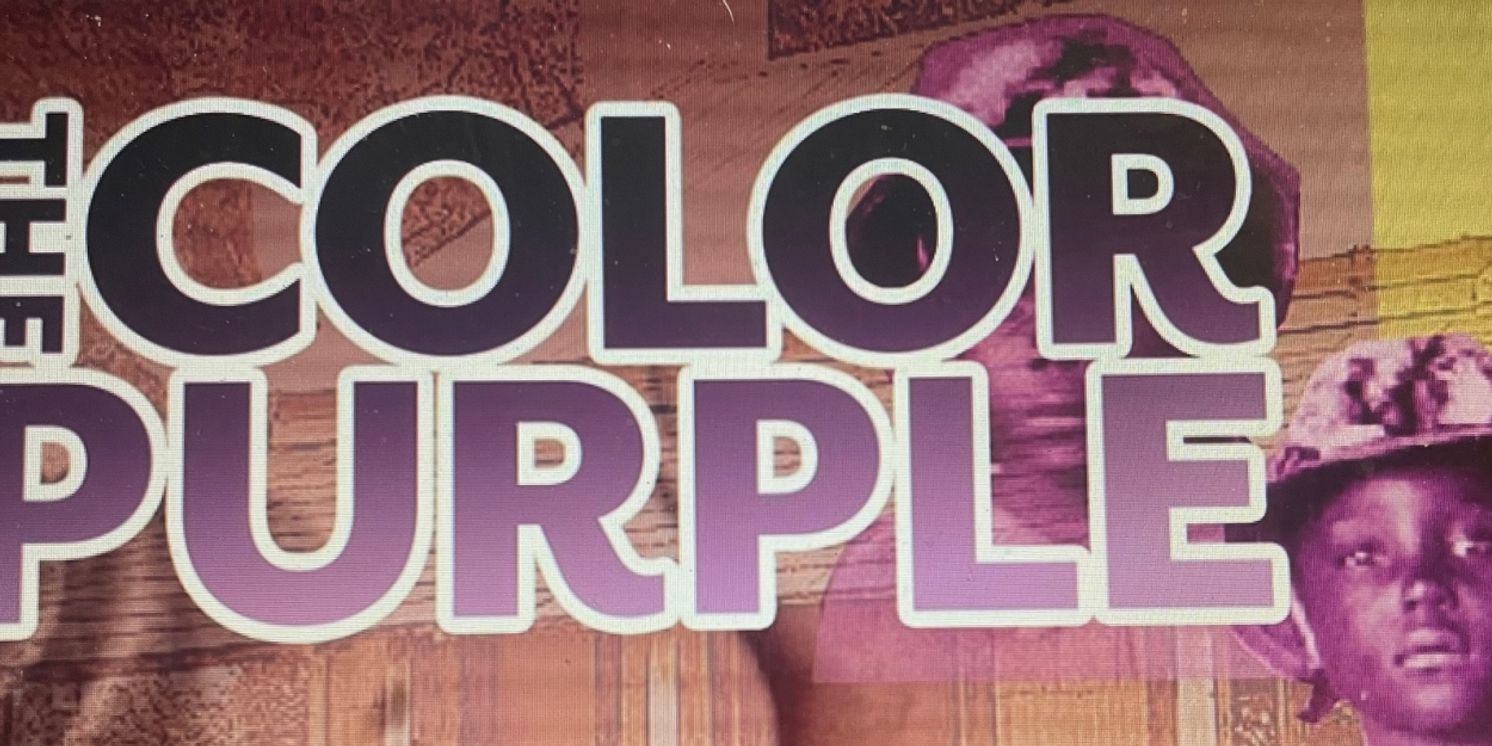Review: THE COLOR PURPLE at Tempe Center For The Arts
Now on stage through November 3rd, 2024.

Phoenix Arizona’s The Black Theatre Troupe presents THE COLOR PURPLE at Tempe Center for the Arts, which opened to a full house Friday, October 15, 2024. This excellent production runs through November 3, 2024. With matinee shows on Saturdays and Sundays, as well as evening shows on Fridays and Saturdays, this production is worth seeing, twice.
The novel by Alice Walker introduced us to the power of sisterhood and the sisterhood community, through turbulent, violent events. The story is recast for the stage by author Marsha Norman, with music and lyrics by Brenda Russell, Allee Willis, and Stephen Bray. This story is set in the South, in the early twentieth century. Black Theatre Troupe does justice to the story: these very talented actors do not miss a beat.
Executive Producer David Hemphill and Production Manager Tony Wheaton make this story come alive. Directed by Karen Davis Jones and under the musical direction of Brenda Hankins, this rousing – and serious – production is very moving, very emotional. I noticed that all audience members were engrossed in the story. The orchestra, conducted by pianist Brenda Hankins, is magnificent.
Mostly gloomy, there is just enough laughter and shenanigans to lighten the mood…at least a bit. The choreography by Karen Davis Jones shines through, and all the main actors, ensemble, and props stand out on the nearly bare stage. The backdrop is reminiscent of an old barn, a very appropriate choice that somehow works also as a nightclub. This is the beauty of creativity on a stage: with strong actors, dancers, and singers in a captivating story, the stage is just ‘there.’
Sisters Celie and Nettie, enacted by the talented actors Xea Goolsby and Vanessa Quintero, introduce us in Act One to their close family relationship, and the vulnerabilities of themselves and their friends – particularly the women. “Mister,” played by the talented Robert Hudson, soon claims Celie as his own, after Nettie journeys away from her home. I believe Mister does not need a last name, as his character is representative of most early-20th century “misters” who dominated their property (including “their women”).
This close-knit farm community is clearly male-dominated, true to Alice Walker’s characterizations. The women are the stars of this show, and the men appear as either abusive or weak; background players, until they dominate a scene. The church soloist is magnificent. Themes of domestic violence, rape, and other hurtful acts underlie the themes of celebration and triumph of the soul. The religious sons and spirited and moving, and the ladies’ faith in their creator, and in each other, sustain them.
Sofia’s personality is strong, and the character robustly played by the wonderful LaTraye Meredith. Particularly strong is what seems to be Sofia’s theme song: HELL NO! she belts out, one of the few women who refuse to be held down by the menfolk and their sexist attitudes. Her husband, Harpo, played by D’Yonn James, cowers appropriately but has a wandering eye when he comes across the mousy-mouthed, thin Squeak, portrayed by the lovely Jessica Ortiz Sanroman. Squeak and Sofia seem total opposites: Sofia spurns her husband Harpo, then Squeak chases after him (and vice versa.). The ladies fight, and I mean really fight, as other couples watch.
Another wonderful singer is the popular performer Shug Avery, played by the amazing Danita Dillon White. We see sweet Celie become captivated by the no-nonsense Shug Avery – always her whole name - and this loving relationship blossoms as Celie herself begins to blossom into her own, stronger person. Their tender song “What About Love?” ends Act One. The Color Purple reprise, after Celie’s triumphant “I’m Here” closes Act Two. This poignant production is so very good. I don’t see any room for improvement by Black Theatre Troupe.
Some more of the light-hearted moments include the church ladies, wonderfully played by Cherylandria Banks, Christal Roundtree, Nancy Taylor. At the beginning of Act One, these sisters are pious and worshipful. Later on, as the plotline develops and we know more about the characters, they appear gossipy, and funny, as they stage-whisper amongst themselves what many people think, but few will say. I loved the church ladies.
The music and choreography are outstanding. I caught my toes tapping during the church music, and the Mister’s field hands, fine dance to “Big Dog,” referring to the Mister. The costumes are simple except for church clothes and hats, of course, and the performer Shug Avery. At the beginning of Act Two, the sisters sing of their “African Homeland” as they reunite.
Racism, sexism, poverty, domestic violence, and rape are ultimately mere details in the sometimes sad, but always hopeful, events in these characters’ lives. This show is so very good, and packed the house on opening night. We are lucky there are matinee and evening shows on Saturdays and Sundays at Tempe Center for the Arts.
Reader Reviews

Videos

